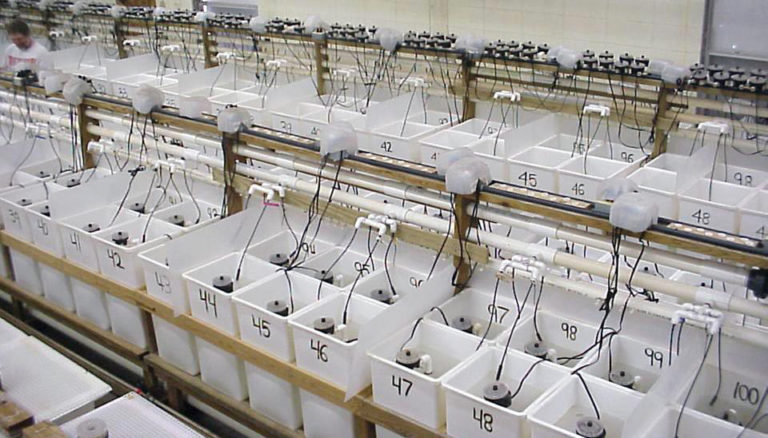
Health & Welfare
Methionine requirements estimated for white shrimp
Research on the methionine requirement for white shrimp showed a diet requirement of 0.45 percent using a protein-bound form of methionine.
Health & Welfare
A 56-day trial conducted in greenhouse-enclosed clearwater and greenwater systems compared tissue variations among shrimp fed varied dietary levels of fish oil and soy lecithin.

Health & Welfare
Research on the methionine requirement for white shrimp showed a diet requirement of 0.45 percent using a protein-bound form of methionine.

Aquafeeds
The authors performed nutrition studies to determine a maximized efficiency of yield in spotted sea trout. Fry were “forced” to swim against a steady current to gauge the effectiveness of increased exercise.
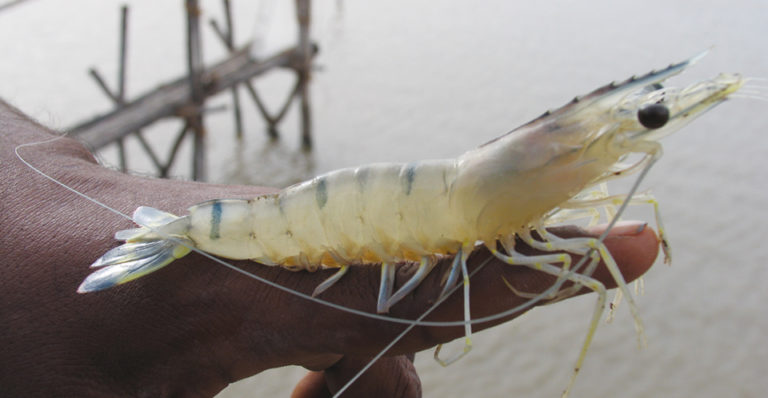
Health & Welfare
Trials indicated that in order to determine methionine and TSAA requirements for shrimp, methionine must be added to research feeds in either a chelated or covalently bound form.
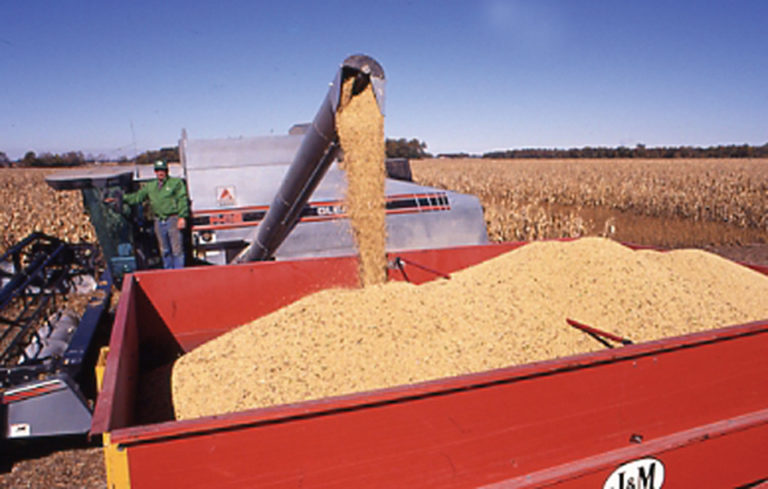
Health & Welfare
Despite research challenges, ongoing work on phytase supplementation in shrimp is striving to enhance shrimp feed performance in similar ways.
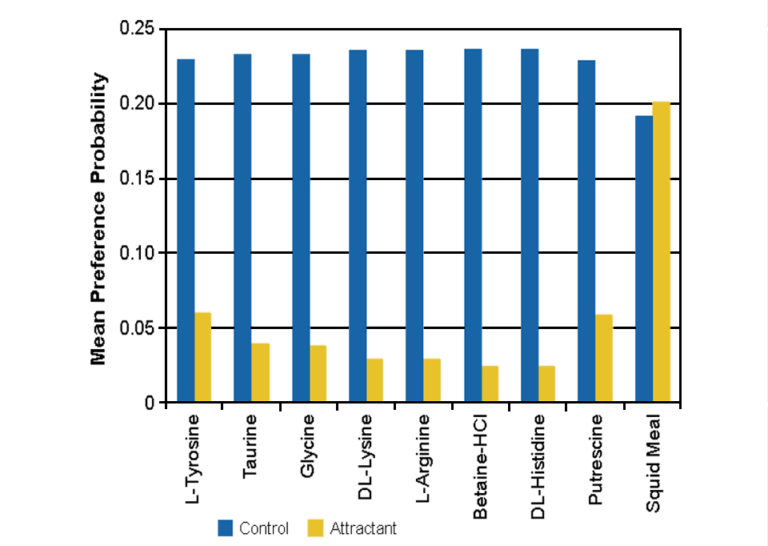
Health & Welfare
The methodology used in a Texas Agricultural Experiment Station study provided a useful tool for evaluating the attractiveness of individual ingredients in prepared shrimp feeds.
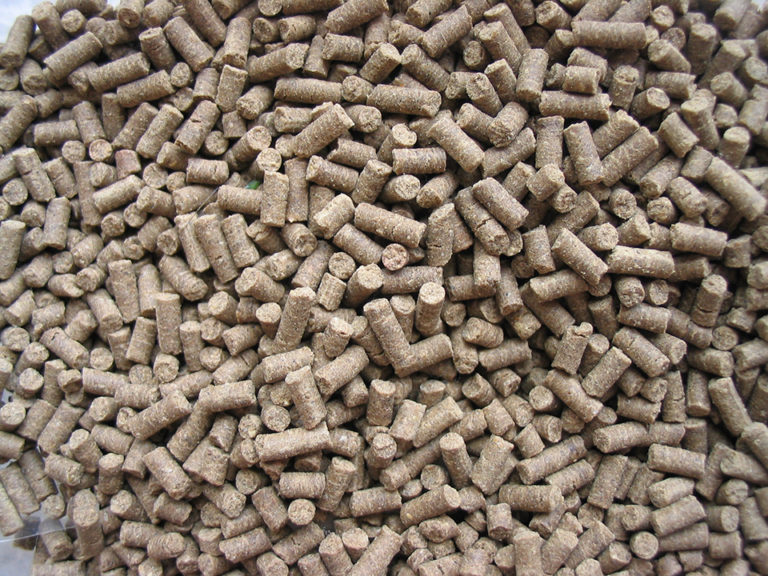
Aquafeeds
The value of chemical stimulants to shrimp farming will come via reproducible methods to evaluate the efficacy of chemoattractants and feeding stimulants.
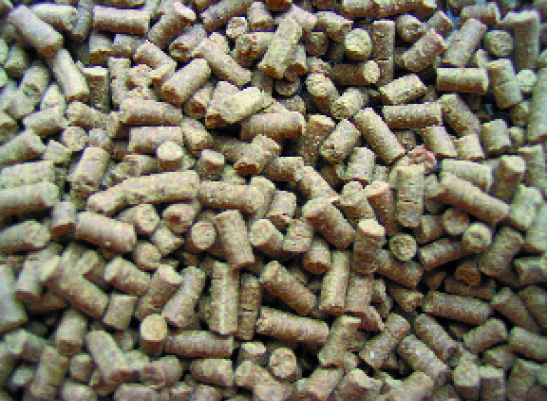
Health & Welfare
Of all the issues important to shrimp nutrition, the reduction of feed cost with concomitant increased feed performance are most desirable.